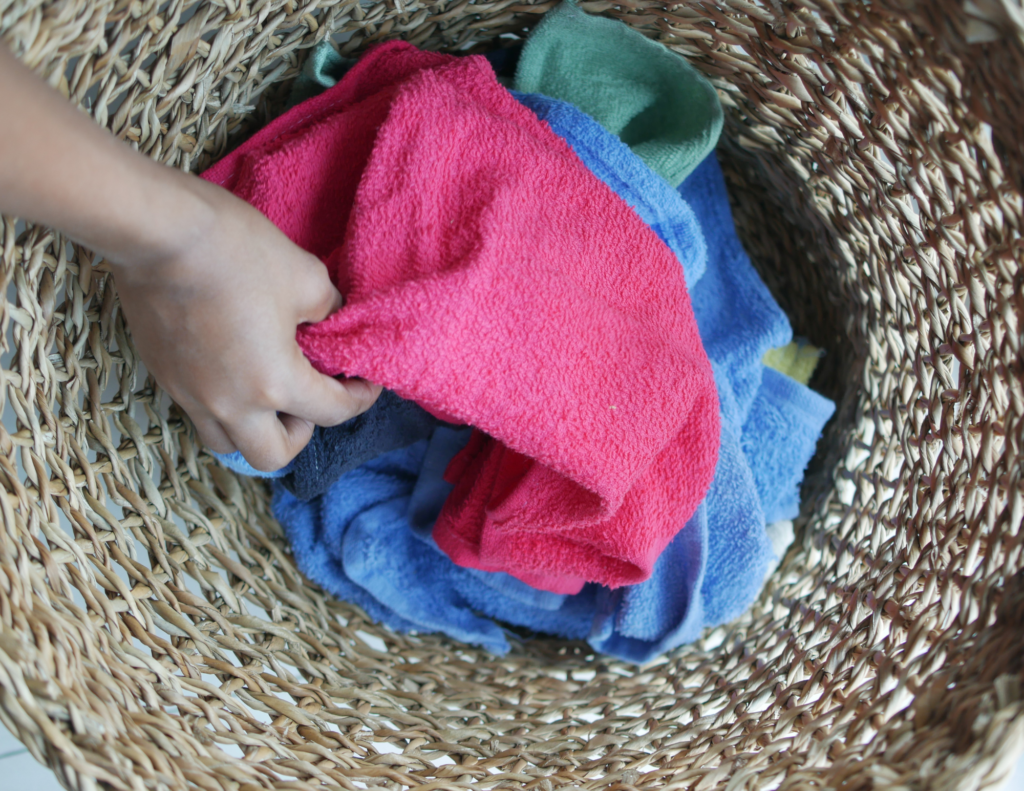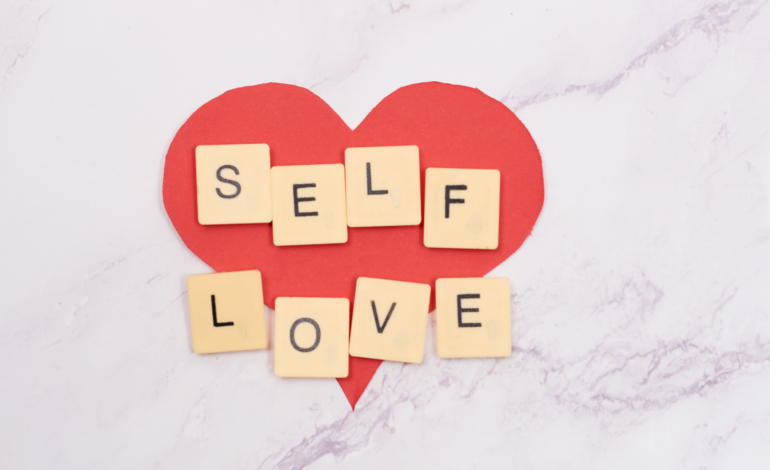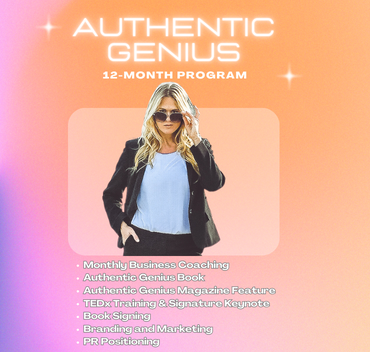by Wendy Watson
You get that from your mother! You’re just like your father. How often have you heard those from people? I used to hear “You’re just like your mother.” and they would call me “Charlotte Junior”. It drove me crazy! I am my own person, I have my own personality, etc. I’m not anyone’s “junior”!
As I got older, I realized that we naturally pick up traits from the community that influences us: parents, family, school friends, family friends, church. We’re influenced by everyone we interact with. How we use or take that influence is up to us. The influential imprints that we accept turn into habits we use in our daily lives. Whether they’re emotional, physical, verbal, or intellectual habits, and we may or may not be aware of them. Many times, habits become second nature like breathing. We do it automatically without thinking. Think about how many times you inhale in a day without consciously being aware of it.

The 70/20/10 Rule
In 2009, I was introduced to the 70/20/10 Rule in terms of accounting which I discussed in She Talks Magazine, Issue 1 that was released in November 2023. I turned it around and I looked at it in the terms of communication which can also be brought down into the categories of emotional, physical, verbal, and intellectual. I started using the 70/20/10 Rule to discern what communication and projections I was taking in from other people. By focusing in and becoming more aware of what others communicate to me, I could then be more intentional and conscientious of what I choose to influence my habits. I used to just take in 100%of what other people projected at me. By narrowing it down to 10%, I removed a lot of the static, focused more on what was important to me and what was more in alignment with me. This allowed me the energy to move on to the next level.
Which was to discern what I was communicating to others. This process put a spotlight on a lot of my communication habits and projections. Boy, oh boy, did I learn a lot about myself! I had built a habit of projecting my own fears, beliefs, emotions, and baggage not just onto other people but also with my own communication with myself. I really didn’t like the way I treated myself.
I started making a list of habits as I recognized them. Then I decided which ones I wanted to keep and which I wanted to change. I knew in order to change habits I had to decide what I wanted to replace them with, which took some serious soul searching. I became acutely aware of how emotional I am, how judgmental I was, and how those played a role in my actions and communication.


I chose to delve into my soul, look deep within, and determine how I really wanted to act, speak, emote, and think. I figured out what my triggers were and how to put plans in place to set myself up for emotional success, which changed many of my emotional habits. I noticed most of my mindset& emotional habits stemmed from my family raising, several of which I chose to change. A great deal of my vocabulary changed, too. I stopped using vocabulary that was self-punishing, cursing, and toxic, and replaced them with gratitude statements.
The more I addressed my habits, especially my familial habits, the more I pulled away from people that used those same habits and gravitated towards the people that were using the same habits that I was now demonstrating. Relationships changed. In my opinion, all for the better as I was now surrounding myself with people that were more in alignment with me and while my familial relationships changed, they became stronger & healthier. If the relationship ceased, that just told me that neither of us no longer served the benefit of the other. If we are not of benefit to each other, we’re not complimenting each other’s lives, then it’s best we find people that do.
Let me ask you: are you consciously aware of all your habits? If so, congrats! You’re one in a trillion. If not, I invite you to start paying attention to yourself, how others react and respond to you. I recommend starting out with one category at a time: emotional, physical, verbal, or intellectual. Whichever is easiest for you first than work towards the more challenging categories. Make mental notes, journal and write down habits as you recognize them, either on paper or on your phone. It helps if you can also identify where you developed the habit from, but it’s not necessary, and sometimes not plausible. Then decide which you want to keep and which you want to change. Once you decide which you want to change, dig deep and determine what you want it to look like and make a plan to replace the old with the new.
Ask Yourself:
Are you willing to do the soul searching to identify what new habits you want to make? Or are you satisfied with status quo? I believe there’s always room for improvement.
However, change can only happen if you see there’s something to change and you’re willing to take the actions to do so. You are the master of your domain.
You are the master of your emotions, communication, actions, and mindsets. How can you harness your habits to live amore intentional and mindful lifestyle?
Wendy Watson | Spiritual Therapist, Author, Speaker | TBR Spiritual Health
Author: Verbal Turbulence: The 70/20/10 Rule





